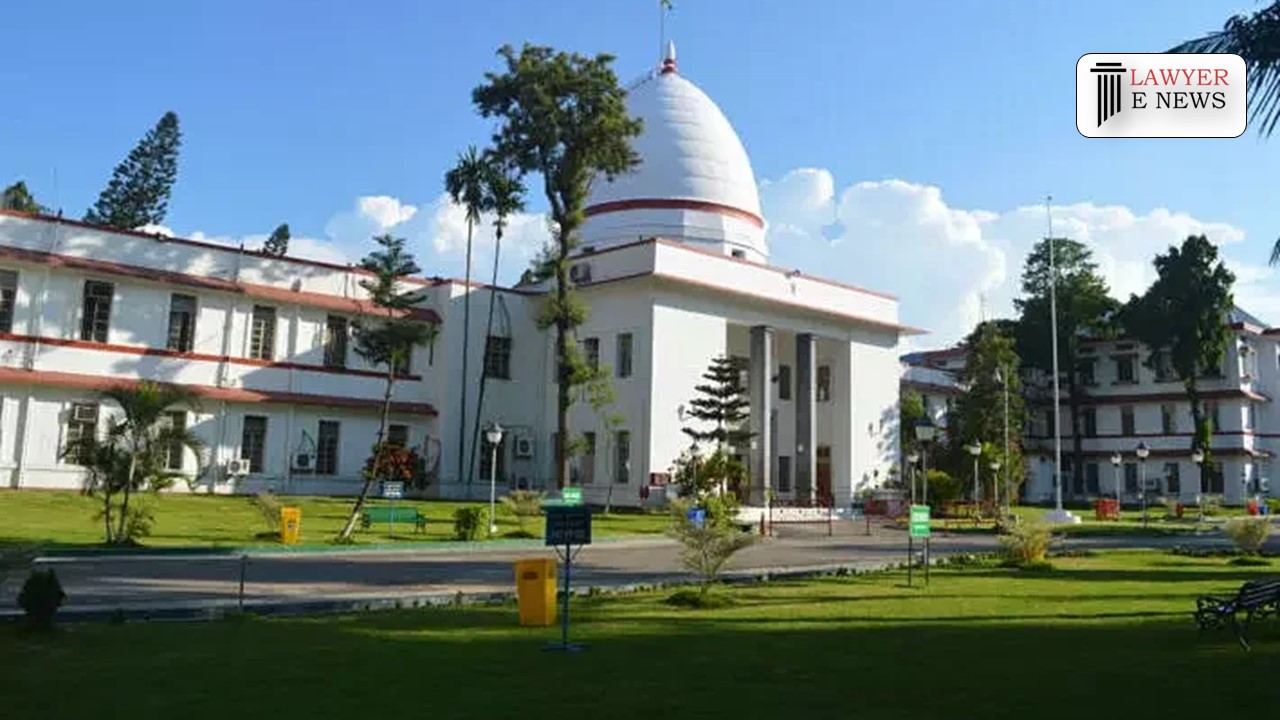-
by Admin
15 February 2026 5:35 AM



In a significant judgment, the Gauhati High Court has clarified the continuous nature of the right to apply for probate, ruling that applications for probate are not constrained by traditional limitation periods if filed within three years of the applicant’s knowledge of the will’s existence. The court set aside an order by the District Judge of Tinsukia that had allowed the condonation of a 1443-day delay, stating that such condonation was unnecessary under the circumstances.
The case originated from a probate application filed by Ashim Paul, the respondent, who sought the grant of probate for his deceased mother’s will, which he discovered only on 25th September 2020. The application was submitted on 15th March 2021. The District Judge of Tinsukia allowed a condonation of delay of 1443 days for filing the probate application. Sulata Paul, the petitioner, challenged this order, arguing that the delay was inordinate and insufficiently explained.
Continuous Right to Apply for Probate: The court emphasized that the right to apply for probate is a continuous right that can be exercised anytime after the death of the testator. Justice Devashis Baruah noted, “An application for grant of probate is not an assertion of a right but a recognition of a duty to administer the will. This right survives as long as the object of the trust exists.” This principle was supported by precedents such as Sameer Kapoor v. State and Kunvarjeet Singh Khandpur v. Kirandeep Kaur & Ors.
Relevance of Knowledge of Will’s Existence: Addressing the petitioner’s argument regarding the delay, the court observed that the respondent had only become aware of the will’s existence on 25th September 2020 and filed the probate application on 15th March 2021, well within three years of discovering the will. Thus, there was no need for a delay condonation application. “The limitation period for probate applications should be reckoned from the date of knowledge of the will, not the death of the testator,” the court stated.
The judgment discussed the applicability of Article 137 of the Limitation Act, 1963, and how it aligns with the Indian Succession Act, 1925. The court reiterated that probate applications are actions in rem and not actions in law, meaning they are binding on all and not just the parties involved. “Probate or letters of administration issued by a competent court is conclusive proof of the legal character throughout the world,” the court noted, referencing Lynette Fernandes v. Gertie Mathias.
Justice Baruah remarked, “The right to apply for probate is a continuous right which can be exercised any time after the death of the deceased, as long as the right to do so survives and the object of the trust exists.” He further emphasized, “An application for condonation of delay was unnecessary under the circumstances.”
The Gauhati High Court’s decision underscores the continuous and enduring nature of the right to seek probate, which is not bound by conventional limitation periods if the will’s existence is only recently discovered. This ruling not only impacts the ongoing probate case but also sets a precedent for future probate applications, reinforcing that the duty to administer a will is a legal obligation that transcends rigid timelines.
Date of Decision: 22nd May 2024
Sulata Paul v. Ashim Paul
